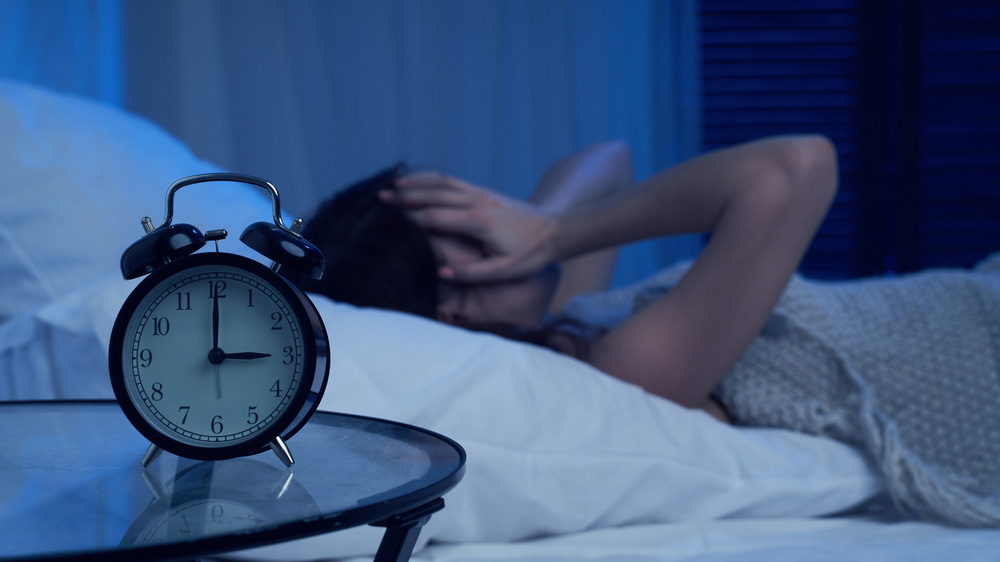Insomnia, the disorder that makes us toss and turn in our sheets, is much more than just a difficulty falling asleep. It affects millions of people worldwide and can turn life into a constant quest for rest. Both physical and mental, insomnia is often linked to complex causes. But how can we understand it and, most importantly, treat it? Let’s dive into this nocturnal world to discover the answers.
What is Insomnia?
Insomnia manifests as difficulty falling asleep or staying asleep throughout the night, often accompanied by early awakenings. Insomnia can be temporary, triggered by a stressful event, or chronic, when it occurs at least three times a week for several months. During the day, its victims experience fatigue, irritability, and concentration difficulties— a combination that undermines quality of life and performance.
Multiple Causes
The roots of insomnia are often deep and multifaceted:
- Stress and Anxiety: Constant thoughts or disturbing life events often trigger a state of hyper-arousal.
- Inadequate Environment: Light, noise, inappropriate temperature, or uncomfortable bedding play a crucial role.
- Medical Disorders: Chronic pain, gastroesophageal reflux, or sleep apnea are often involved.
- Harmful Lifestyle Habits: Caffeine consumption, alcohol, or irregular sleep schedules often exacerbate the problem.
- Genetic Predispositions: Some people are born with a heightened sensitivity to stress or a disruption in their sleep mechanisms.
Consequences: More Than Just Lack of Sleep
It does more than steal a few hours of sleep. It has significant repercussions:
- Physical Health: Increased risk of hypertension, diabetes, and cardiovascular diseases.
- Mental Health: Chronic insomnia is a major risk factor for depression and anxiety.
- Social and Professional Life: Daytime drowsiness and irritability can damage interpersonal relationships and productivity.
Solutions: Reclaiming Your Nights
Fortunately, several approaches can effectively combat it:
- Non-Medication Therapies
- Cognitive Behavioral Therapy (CBT): Recognized as the gold standard treatment, it helps dismantle negative thoughts associated with sleep and adopt new habits.
- Relaxation and Mindfulness: Techniques like meditation or yoga promote mental calm.
- Lifestyle Changes
- Consistency: Going to bed and waking up at fixed times stabilizes the circadian rhythm.
- Sleep-Friendly Environment: A dark, quiet, and cool room naturally enhances sleep quality.
- Limiting Stimulants: Reducing screen time and consumption of stimulating substances before bed helps the body prepare for rest.
- Medications
In some cases, hypnotics or anxiolytics may be prescribed, but always for limited durations to avoid dependency. - Technological Devices
Mobile apps, sleep trackers, or therapeutic lighting can complement efforts to improve sleep quality.
Prevention: The Key to Peaceful Nights
To avoid falling into the vicious cycle of insomnia:
- Adopt a relaxing bedtime routine.
- Identify and eliminate triggers (like excessive stress or disruptive eating habits).
- Seek professional help quickly if persistent sleep issues arise.
Conclusion
Insomnia is much more than a mere nighttime whim: it’s a real challenge for millions of sleepers. With a thorough understanding and proper treatment, it is entirely possible to reclaim your sleep and restore the energy needed to face each day.
Sources :
- National Sleep Foundation – Understanding Insomnia
- Mayo Clinic – Insomnia Overview
- Sleep Health Journal – Articles on Insomnia
- Harvard Medical School – Insomnia Research
- WebMD – Insomnia Symptoms and Treatment


